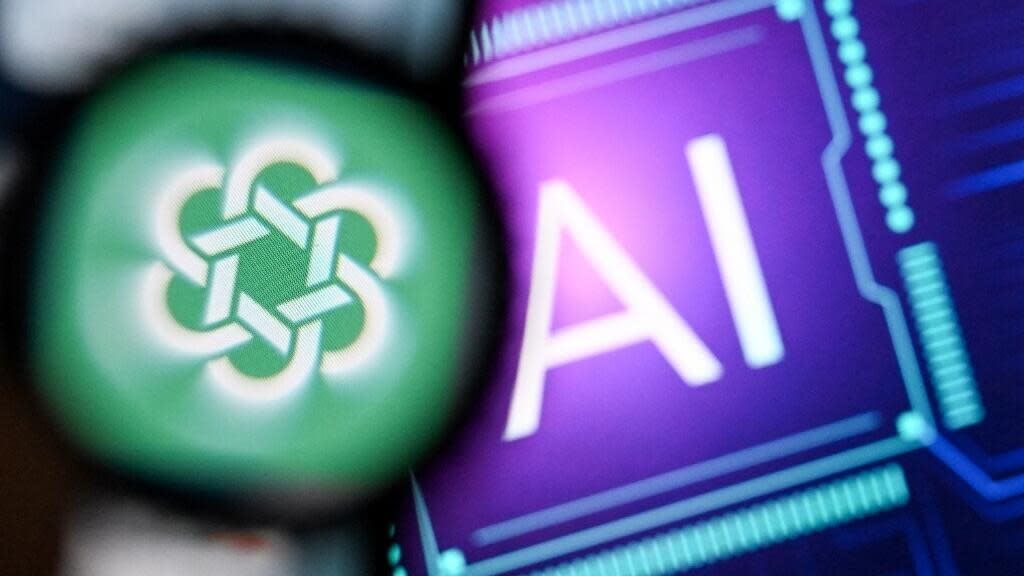AI technology used to distort Holocaust history, UN body warns

AI technology is helping to create false stories about World War II atrocities including Holocaust denial, risking an "explosive spread of anti-Semitism", the UN warned Tuesday.
The UN's education and culture body Unesco called for governments and tech companies to introduce ethical safeguards around AI technology, and for schools to spread the word about the risks of AI-generated content.
Unesco's report highlighted instances where hackers had rigged chatbots to spread Nazi ideology, and others where bots dreamt up their own stories around the Holocaust.
"If we allow the horrific facts of the Holocaust to be diluted, distorted or falsified through the irresponsible use of AI, we risk the explosive spread of anti-Semitism," said Audrey Azoulay, Unesco's director-general.
She said it could also lead to the "gradual diminution of our understanding about the causes and consequences of these atrocities".
Controversy
AI tools that generate content – such as ChatGPT and DALLE-2 – exploded onto the scene in 2022.
Companies and institutions have rushed to adopt them for anything from translating texts to providing customer service.
But policymakers, campaigners and law enforcement warned from the start that these tools could be used to extort money, ruin reputations, influence elections and distort history.
Several tools have already publicly failed at history.
However, Unesco's report also flagged positive uses for AI.
Read more on RFI English
Read also:
Rights group warns of potential abuse as EU reaches deal on AI Act
France slaps Google with €250m fine over EU media rules and AI use
French government will use AI to modernise public services

